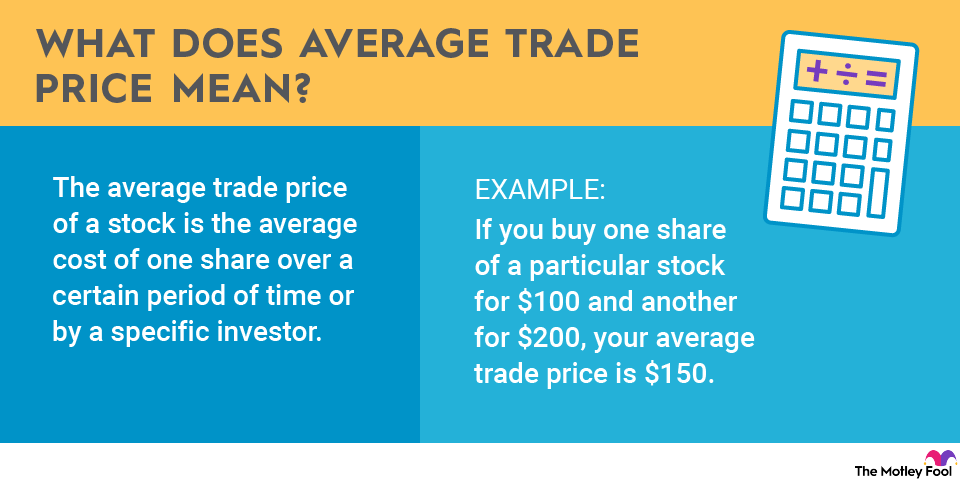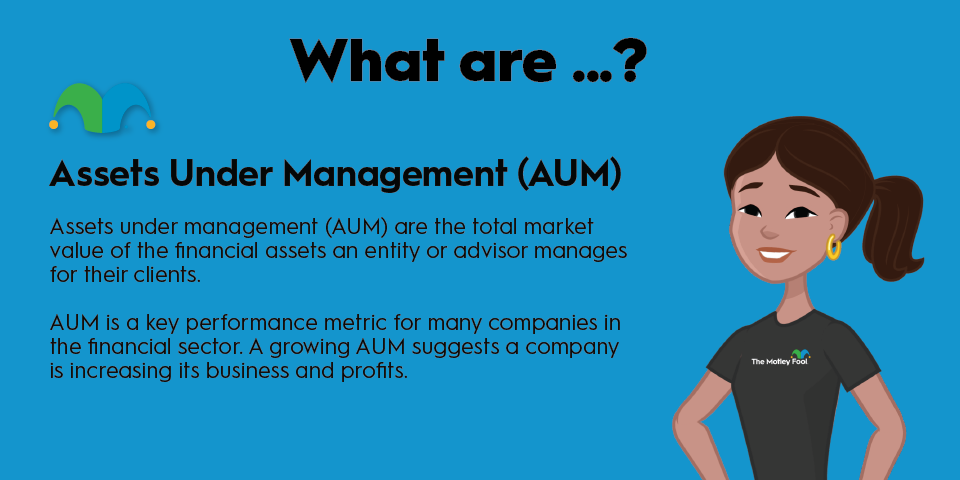While it may sound complex, absolute income is simply the total amount of money a person earns. The term is often used to compare it to relative income, another important income concept.

Understanding absolute income
Absolute income is the amount that a person is compensated for their work from all their sources of income. For example, if you earn $80,000 per year, then that's your absolute income. You could also call it your wages, salary, or earnings.
For most people, absolute income is what they make from their jobs. For freelancers and business owners, it would be their business income, and it would likely fluctuate. You could also include investment income, such as dividends in your absolute income, although not everyone does.
Absolute income vs. relative income
Relative income is the amount that a person earns in relation to a reference income. That reference income is often the amount that a person's peers earn, although other amounts can also be used.
To illustrate, let's go back to the example where you earn $80,000 per year. If your peers earn an average of $60,000 per year, then you have a high relative income compared to them. On the other hand, if they earn an average of $120,000 per year, then you have a low relative income relative to your peers. Your absolute income is the same in either scenario, but your relative income isn't, which could affect how you feel financially.
Relative income can be a useful tool for putting salaries in perspective, particularly when considering a move or career change. High cost-of-living areas often have higher-paying jobs, but this doesn't always mean you'll be in a better financial position there. If your relative income decreases, you could find yourself with less buying power than before.
Why absolute income is important
Your absolute income plays a crucial role in how quickly you can build wealth. The more you make, the more you can save and invest. Of course, it's not the only thing that matters. Your spending habits are also a factor, as is your relative income. But absolute income ties into both of these, as well. If you raise your absolute income without increasing your spending, you can invest more. And when your absolute income goes up, your relative income generally does, as well.
It often makes sense for investors to focus on earning more, especially those who are still fairly early in their careers. If your current income allows you to invest $8,000 per year, that would grow to $1.45 million over the course of 30 years, assuming a 10% annual return (in line with the stock market's average). Raise that to $12,000 per year, and you're looking at $2.17 million, thanks to the additional contributions and compound interest.
Related investing topics
The absolute income hypothesis
The concept of absolute income originated with economist John Maynard Keynes' absolute income hypothesis, first discussed in 1936. He theorized that a person's consumption (spending) is tied to their absolute income, but that these two figures don't increase at the same rate. According to this theory, high earners spend more in total than people who earn less, but they'll spend a smaller portion of their income. That leaves them with more money to put away and invest in stocks.
In 1949, economist James Duesenberry came up with the relative income hypothesis. He theorized that a person's consumption is largely based on their relative income -- as mentioned earlier, their earnings in relation to others. He also theorized that consumption is related to previous levels of consumption. Essentially, when you spend a certain amount, it's difficult to reduce that spending later, even if your income decreases.



















